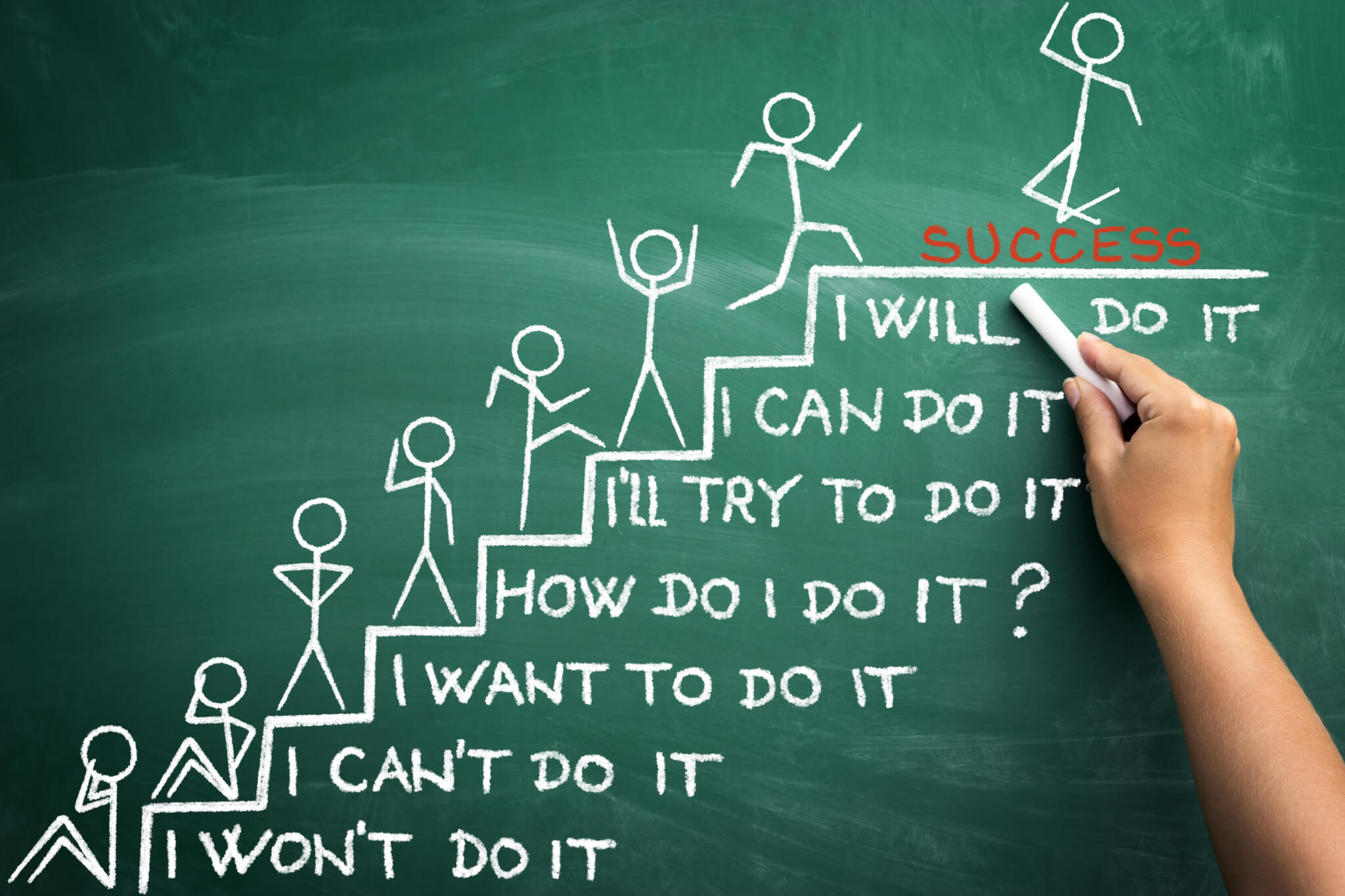HOUSTON — It’s one of the most common questions adults ask children: what do you want to be when you grow up? Although childhood is supposed to be fun, kids also find themselves discussing some very important topics regarding their futures. Now, a new study finds children who set big goals in terms of their future prestige and education often set themselves up for success as they get older.
“Adolescents who endorsed higher levels of prestige and education goals tended to have higher educational attainment, income, occupational creativity, occupational prestige and job complexity after 12 years,” notes Rodica Damian, an associate professor of psychology at the University of Houston, in a media release.
The findings, published in the Journal of Personality and Social Psychology, are the first to reveal a connection between life goal development and future success in school or the workplace.
Damian and other researchers discovered that as children grow up, their goals naturally begin to change. However, as some childhood goals fall away, other goals that are more related to family stay strong. These include being close to relatives, building more friendships or finding a romantic partner, and even becoming more involved in your community or helping others.
“Life goals are expected to change over time and these changes are expected to have consequences for future life outcomes, including occupational outcomes,” Damian explains. “By understanding how changes in life goals relate to educational and occupational outcomes (above and beyond adolescent levels), we show how changes within individuals may also predict desired educational and occupational attainment.”

During the study, researchers compared how these goals evolved as children moved from adolescence to adulthood and how a person’s goals impacted their success in school and as a worker later on. To do this, the team examined two youth groups from Iceland who were followed for 12 years.
“For educational attainment, the strongest effects were found for education goals. Both initial levels and slopes of education goals were positively associated with educational attainment in both samples,” Damian reports. “This indicates that adolescents with higher education goals, and those who showed a more positive change pattern in education goals, had higher educational attainment in young adulthood.”
Overall, a child’s goals focusing on their education and future prestige in life were the most consistent predictors of income in adulthood throughout their life. Simply put, when a child dreams big about doing well in school or attaining great success as an adult, these goals accurately paint a picture of how successful these children will be. So, the message is simple: dream big and dream of success, kids! Those goals can drive you to financial success when you grow up!
“Our work highlights the importance of better understanding sources of goal development in adolescence and young adulthood. Overall, our focus on life goal development, educational attainment and occupational outcomes informs theoretical and practical understanding about the importance of life goals for real-world outcomes,” Damian concludes.
